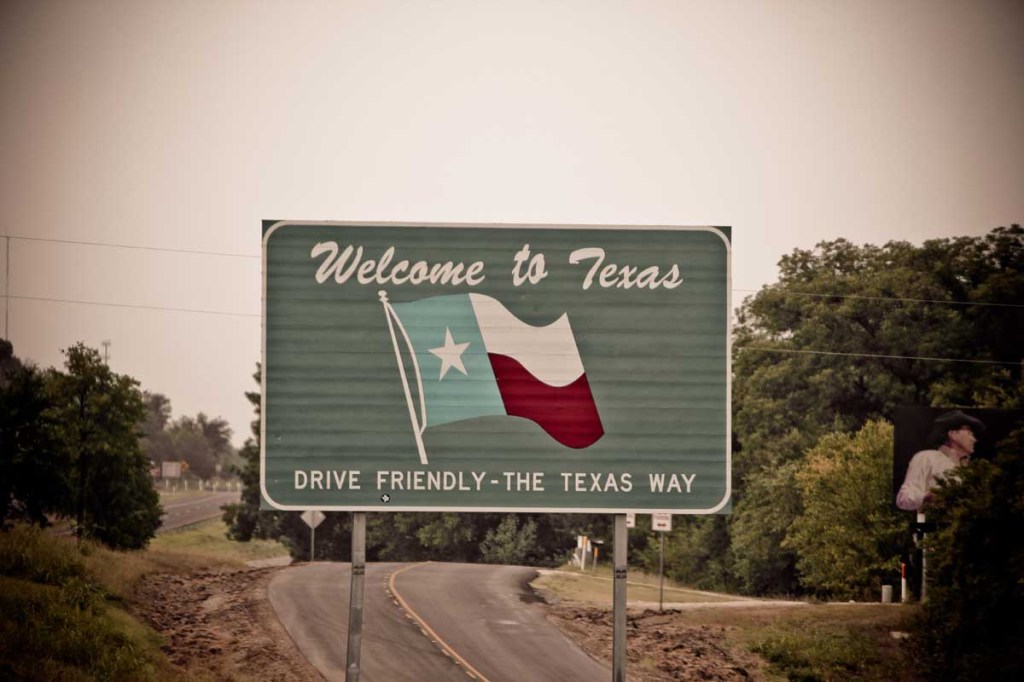After governor’s decision, refugees will keep moving to Texas
Published 6:23 am Friday, September 23, 2016

- Texas case could change how the country votes
AUSTIN — The state of Texas may be getting out of the refugee resettlement business, but those who help new arrivals make their homes here say refugees will continue to come.
Trending
So will federal dollars — about $100 million this year — said speakers at a Thursday press conference, called in response to Gov. Greg Abbott’s announcement this week that the state is quitting its role in refugee resettlement.
The state Office of Immigration and Refugee Affairs currently works in a public/private partnership to steer federal funds to refugees and supporting groups in Texas.
Aaron Rippenkroeger, CEO of Refugee Services of Texas, said resources will continue flowing to the state “whatever the new system would be.”
Abbott’s office declined to say exactly what prompted his decision, but it noted “serious problem” threatening the country. “The federal government lacks the capability or the will to distinguish the dangerous from the harmless,” Abbott said in a statement.
Following terrorist attacks on Paris last fall, Texas officials sued the federal government in hopes of barring the arrival of Syrian refugees. Abbott noted federal officials have signaled their inability to screen refugees to identify supporters of terrorism.
“Even with the inability to properly vet refugees from Syria and countries known to be supporters or propagators of terrorism, President Obama is now ineptly proposing a dramatic increase in the number of refugees to be resettled in the U.S.,” the governor said in the statement.
Rippenkroeger said about 75 percent of Texas refugees are women and children, and providing refuge and security are not mutually exclusive.
In an email, a spokesperson for the federal Administration for Children and Families said services for refugees are only given once someone “successfully completes stringent security screenings, is granted refugee status by (the Department of Homeland Security), and is brought to the U.S. for resettlement by the State Department.”
“This model for refugee resettlement will continue in Texas,” the government statement said.
In the last fiscal year, the United States resettled 69,933 refugees, according to the Migration Policy Institute.
As in the year before, the largest portion of those refugees moved to Texas — or 7,479 people.
Only a fraction of those refugees are from Syria. According to the U.S. State Department, 796 Syrians arrived in Texas between last October and August 31.
Bee Moorhead, executive director of Texas Impact, an interfaith advocacy network, said it’s “a shame there would be obstacles placed in our way” by Abbott’s decision.
While the current system at work in Texas is “a national model,” she said, it’s not the only model.
Instead, the federal government can appoint an agency to administer services to refugees should a state withdraw from the process.
Such administrators are working in a dozen states.
In a letter to the federal Office of Refugee Resettlement, Abbott said Texas will notify those affected by his decision that services and benefits will be provided through the state until January 31, 2017.
Moorhead and the other refugee workers who gathered at First United Methodist Church for the press conference — just steps from the Capitol and governor’s mansion — said she doesn’t look forward to that day.
Even though resettlement work will continue, she said the state plays an important role in supporting “vital, back-office functions” for the refugee services.
“All the state needs to be is that one key hub,” she said.
John Austin covers the Texas Statehouse for CNHI’s newspapers and websites. Reach him at jaustin@cnhi.com.


